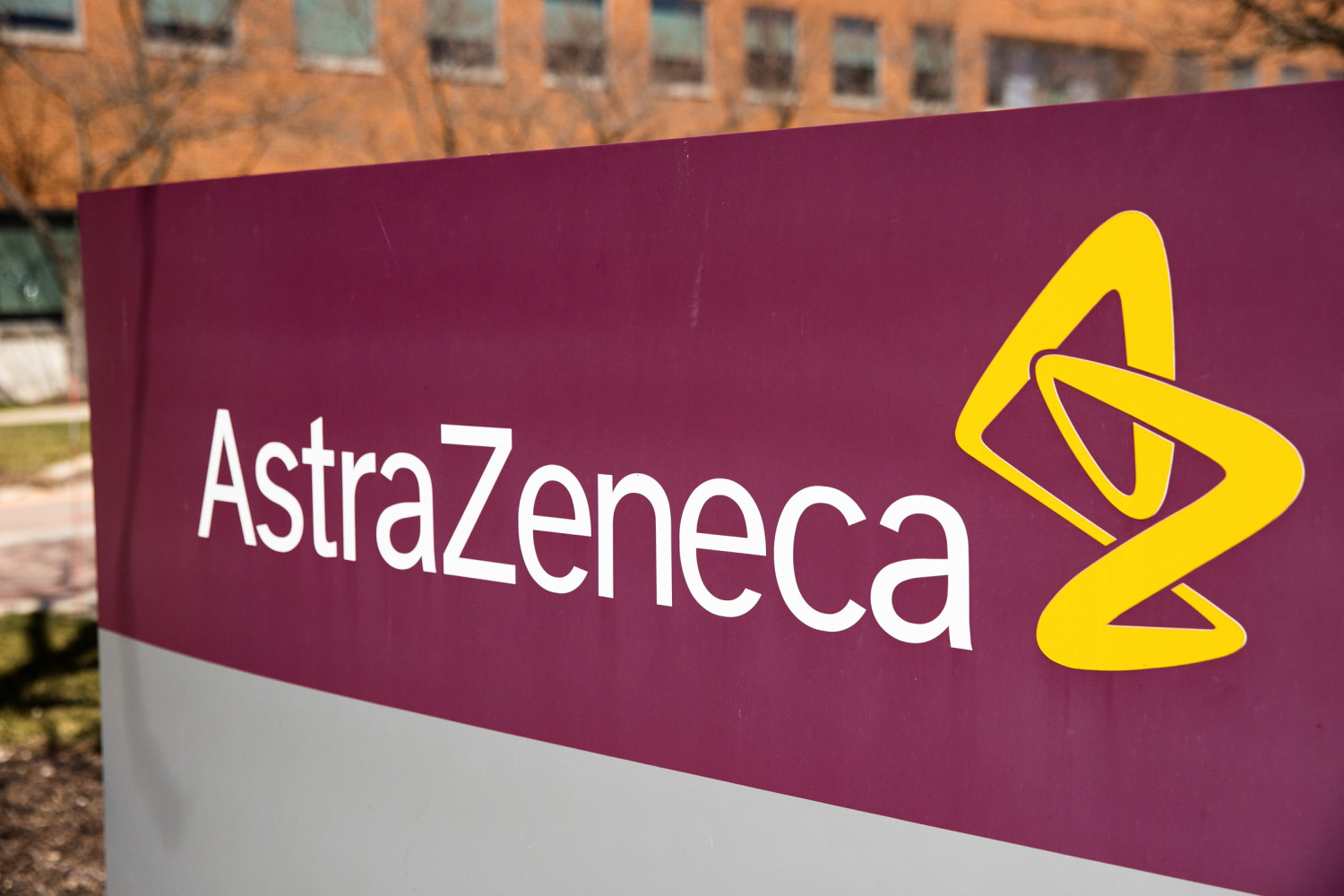AstraZeneca upbeat on 'groundbreaking' Enhertu results

AstraZeneca said on Monday that detailed positive results from the head-to-head ‘DESTINY-Breast03’ phase 3 trial showed that Enhertu, or trastuzumab deruxtecan, demonstrated superior progression-free survival compared to trastuzumab emtansine (T-DM1).
AstraZeneca
10,292.00p
16:49 14/11/24
FTSE 100
8,071.19
16:49 14/11/24
FTSE 350
4,459.02
16:38 14/11/24
FTSE All-Share
4,417.25
16:54 14/11/24
Pharmaceuticals & Biotechnology
19,794.96
16:38 14/11/24
The FTSE 100 pharmaceutical giant said Enhertu is a HER2-directed antibody drug conjugate (ADC) that it has developed with Daiichi Sankyo, while T-DM1 is a HER2-directed ADC currently approved to treat patients with HER2-positive unresectable or metastatic breast cancer previously treated with trastuzumab and a taxane.
It said that at a prespecified interim analysis, Enhertu demonstrated a 72% reduction in the risk of disease progression or death compared to T-DM1.
After 15.5 and 13.9 months of follow-up in the Enhertu and T-DM1 arms, respectively, the median progression-free survival for patients treated with Enhertu was not reached, compared to 6.8 months for T-DM1, as assessed by blinded independent central review.
In the key secondary endpoint of progression-free survival assessed by investigators, patients treated with Enhertu experienced a three-fold improvement of 25.1 months, versus 7.2 months for T-DM1.
A consistent progression-free survival benefit was observed in key subgroups of patients treated with Enhertu, including those with a history of stable brain metastases.
There was a “strong trend” towards improved overall survival with Enhertu, although AstraZeneca said that analysis was not yet mature and was not statistically significant.
Nearly all patients treated with Enhertu were alive at one year at 94.1%, compared to 85.9% of patients treated with T-DM1.
Confirmed objective response rate more than doubled in the Enhertu arm versus the T-DM1 arm, while 42 complete responses and 166 partial responses were observed in patients treated with Enhertu compared to 23 and 67 in patients treated with T-DM1, respectively.
“Today's results are groundbreaking,” said AstraZeneca’s executive vice-president of oncology research and development Susan Galbraith.
“Enhertu tripled progression-free survival as assessed by investigators, and provided a disease control rate exceeding 95% compared to 77% for T-DM1 in DESTINY-Breast03.”
In addition, Galbraith said the safety profile was “encouraging”, with no grade four or five interstitial lung disease events in the trial.
“These unprecedented data represent a potential paradigm shift in the treatment of HER2-positive metastatic breast cancer, and illustrate the potential for Enhertu to transform more patient lives in earlier treatment settings.”
At 0830 BST, shares in AstraZeneca were up 2.36% at 8,253p.